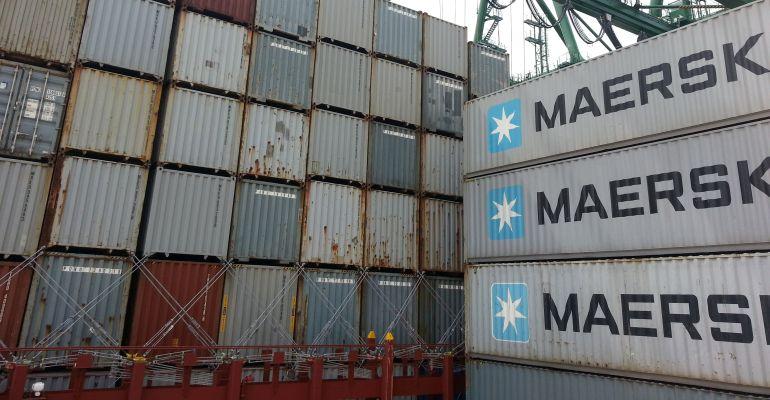Clerc said that as part of its effort to be completely carbon neutral by 2050, vessels Maersk orders will at least need to be dual fuel, and the company had already ordered its first vessel that will run on methanol.
Maersk includes LNG in its list of carbon-based fuels and views it as a transition fuel, said Clerc. The company sees methanol, which also contains carbon, as a better alternative to LNG, he added.
“I think the good news on this compared to when we made the [decarbonisation] pledge is that the solutions actually exist. Green methanol or ammonia are solutions that exist today that are in use in other industries and could provide us with the avenue that we need to completely decarbonise the supply chain,” said Clerc.
Practical problems around adopting new fuels across the whole fleet include price, distribution and availability. “Because we operate a global network, we need to have many places where the fuel is available in sufficient quantity,” said Clerc.
Clerc expects pricing of new fuels to initially be an issue, but then prices will fall as production and availability improve.
“I think this is where we need to work in collaboration with our customers to work on a transition. And we need also to mobilize the whole ecosystem to make sure that we do this not as one company alone, but as a whole ecosystem,” said Clerc.
Ditlev Blicher, Maersk Asia Pacific Managing Director added that decades of strong manufacturing growth in Asia had brought clear environmental impacts in some areas; this had led to a rapid increase in support and awareness for environmental initiatives in the region.
“As an example, we have gone in very strongly and invested in rail solutions to take potential air freight volumes and put them on rail from China and into Europe. I hear we ran over 210 trains last year. And that's a product for us that's really accelerating. When we compare airfreight to rail freight, the co2 emissions per kilo or per container is significantly lower,” said Blicher.
Copyright © 2024. All rights reserved. Seatrade, a trading name of Informa Markets (UK) Limited.
Add Seatrade Maritime News to your Google News feed.  |

